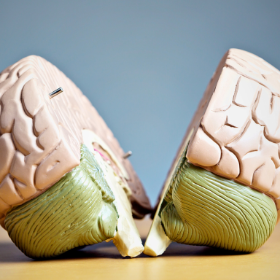
Doing hard tasks is, in fact, hard
Some of scientists’ most rewarding moments come when we confront a hard problem or a difficult task. Solving a major methodological hurdle [1], designing an elegant experiment, making sense of a puzzling result, working on a new model or writing a paper or grant proposal are the intellectual challenges that make a career in science so exciting. But doing hard tasks is, in fact, hard. It can frustrate and weigh on us, and cause anxiety and stress. We can struggle to maintain focus on our hard tasks, including the ones we enjoy and eagerly wish to complete. We often postpone work on hard tasks, such as beginning to write a paper or do complex data analysis, in favour of quick wins from easier tasks, like fine-tuning a figure, organizing our calendars or making a dent in our e-mail correspondence.
In late 2020, I published a book, On Task, about the neuroscience of cognitive control: the mental function that allows us to connect our goals and plans with our actions. It is concerned with precisely this problem of how we get things done. It is ironic, therefore, that writing a book about how our brains do tasks was itself a difficult task to do. I enjoyed writing the book, and valued the goal. But there were moments when it was really difficult to find the words to convey a complex idea. And working on the book was never the most immediately urgent task in my day-to-day work, so it was challenging to carve out the time for the writing and thought it required.
You might not be writing a book, but everyone experiences the struggles of difficult tasks. They have been made all the worse with lockdowns, home-schooling and other lifestyle changes due to the pandemic. Everyone experiences bouts of procrastination or work-avoidance, and the guilt that comes with them. There is no avoiding these experiences entirely, but there are some strategies that can help us stay focused.